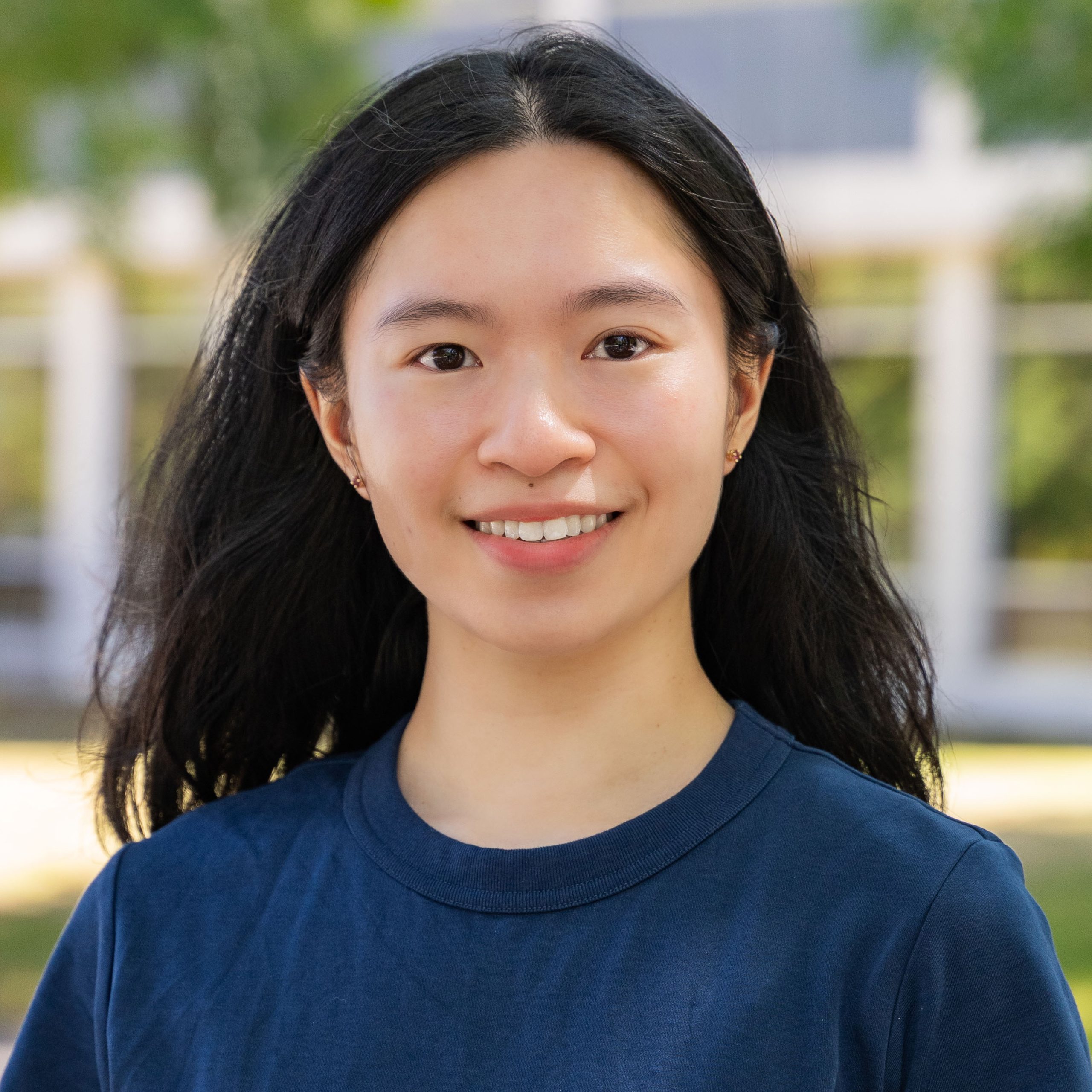November 3, 2025
University of British Columbia
Lecturer in Japanese Language
Application Deadline: January 5, 2026
The Department of Asian Studies at the University of British Columbia (Vancouver Campus) invites applications for the position of Lecturer in Japanese Language, commencing August 1, 2026.
This is a full-time appointment for a term of up to five years, including a probationary first year. Lecturer positions at UBC are appointments without review (i.e., non-tenure-track), renewable for successive terms subject to availability of funds and demonstration of excellence in teaching and service, in accordance with the Collective Agreement between UBC and the UBC Faculty Association.
A full‐time Lecturer in the Faculty of Arts is responsible for 24 teaching credits annually (i.e., eight 3‐credit courses), typically with a 3‐3 load in the Winter sessions and two courses or one intensive 6‐credit course in one of the Summer sessions. The successful candidate will teach undergraduate Japanese Language courses at all levels. The workload for this position also includes service assignments.
Qualifications
We seek an exceptional and experienced teacher of Japanese Language courses with demonstrated interest and expertise in innovative curriculum design and pedagogy.
Requirements include: a Master’s degree or PhD degree in Japanese Linguistics, Applied Linguistics, Teaching Japanese as a Second or Foreign Language, or a closely related field; evidence of teaching excellence; full professional fluency in both Japanese and English; extensive experience in teaching all levels of Japanese language courses at the college or university level in North America; experience in supervising, training and/or working collaboratively with colleagues, including parallel session instructors and/or TAs; experience in organizing co- and extra-curricular activities; evidence of teaching innovation (e.g., technology-enhanced instruction, community-based learning); a strong track record of full participation in team work and program affairs; and evidence of keeping abreast with recent developments in the field. Experience and a commitment to teaching upper-level content-based or special-purpose courses such as business Japanese, Japanese media, or topics on Japanese language, culture, and society will be an asset.
Expectations
The successful candidate will be expected to maintain an excellent record of teaching, engage actively in professional development, and team-based curriculum design and development of teaching materials, perform instructional responsibilities in coordination with other instructors, as well as participate actively in program affairs, service, and student engagement.
Salary
The expected pay range for this position is $6,867 – $8,583/month. Salary will be commensurate with qualifications and experience. This position is subject to final budgetary approval.
Application Materials:
The application dossier should include the following:
- Application letter
- Curriculum vitae (with the names and contact information for three referees who will provide confidential letters of recommendation)
- Statement of teaching philosophy
- Sample teaching videos for two courses, preferably one for a lower-level course and one for an upper-level one
*Applicants are required to upload their teaching demos to YouTube as unlisted public videos and to send the links as part of their application submission.
- Lesson plans for each of the lessons shown in the sample teaching videos
- Two sample course syllabi, preferably one at the lower-level and one at the upper-level
- Evidence of teaching effectiveness
- A 1-page statement about your experience working with a culturally diverse student body and contributions or potential contributions to advancing a culture of equity, diversity and inclusion.
Submission Process
- All application materials should be submitted online at https://asia.ubc.ca/about/job-opportunities/ .
- The deadline for receipt of application materials is January 5, 2026.
- Applicants must also arrange for three confidential reference letters (in PDF format) to be sent directly by the referees to jobsearch@ubc.ca by the deadline.
Equity and Diversity
Equity and diversity are essential to academic excellence. An open and diverse community fosters the inclusion of voices that have been underrepresented or discouraged. We encourage applications from members of groups that have been marginalized on any grounds enumerated under the B.C. Human Rights Code, including sex, sexual orientation, gender identity or expression, racialization, disability, political belief, religion, marital or family status, age, and/or status as a First Nation, Metis, Inuit, or Indigenous person.
All qualified persons are encouraged to apply; however, Canadian citizens and permanent residents of Canada will be given priority.
For inquiries, please contact: asia.jobsearch@ubc.ca.
For information about the Department, please visit https://asia.ubc.ca.




